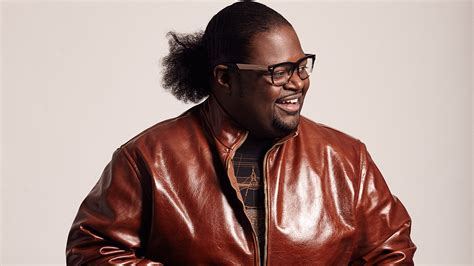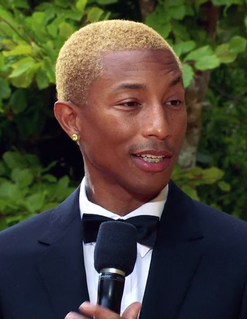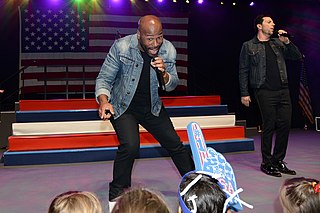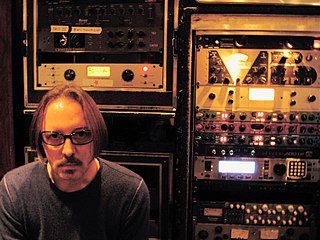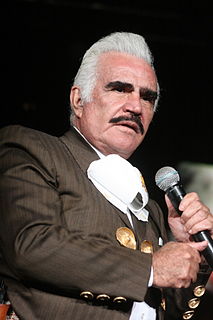A Quote by J Balvin
I want to invite the mainstream into my world and to my sound and to what I'm doing. And I want mainstream artists to respect me and accept Latino artists as equals without us having to sing in English. I want them to know that I can compete globally, with whomever, in Spanish.
Related Quotes
I was on television a couple of years ago and the reporter asked me, "How does it feel being on mainstream media? It's not often poets get on mainstream media." I said, "Well I think you're the dominant media, the dominant culture, but you're not the mainstream media. The mainstream media is still the high culture of intellectuals: writers, readers, editors, librarians, professors, artists, art critics, poets, novelists, and people who think. They are the mainstream culture, even though you may be the dominant culture."
We're always contradicting ourselves. We want people to tell us apart.... ...yet we don't want them to be able to. We want people to get to know us... ...but we also want them to keep their distance. We've always longed for someone to accept us... But we never believed there'd be anyone who would accept our twisted ways. That's why we'll stay locked up tight... ...in our own little private world... ...and throw away the key, so that no one can ever hurt us.
Whether these were liberal publications or conservative publications, whether they were mainstream or slightly to the side of the mainstream; out of the mainstream, they all believed that they had the right to tell you how to stylize yourself. And from the New York Times to the much more left-winged nation. And The Voice said, no, whatever you want to. You drew whatever you want to, we'll publish it. Nobody was doing that. Nobody does it today. The Voice is no longer that paper, and editorializing is now in the hands of editors, with few exceptions.

